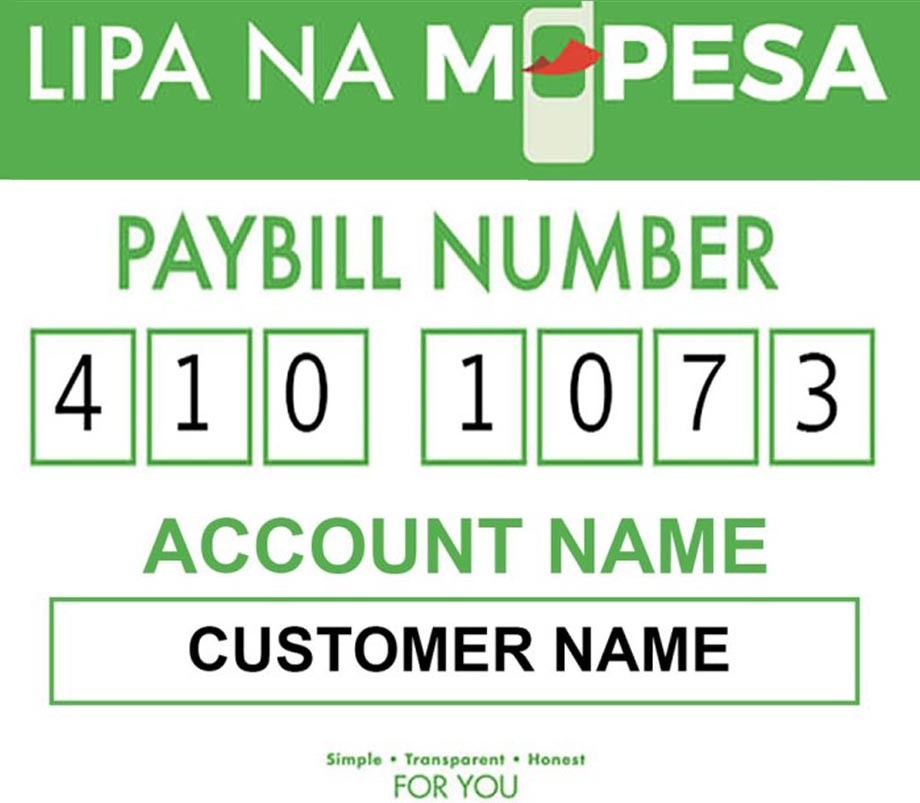Fiber Optic Broadband
Fiber optic broadband is a type of broadband that uses fiber-optic cables to transmit data. The cables consist of glass fibers that carry data as light signals, providing faster and more reliable internet speeds. Here are some of the advantages and disadvantages of fiber optic broadband.
Advantages:
High Speeds: Fiber optic broadband provides much higher speeds than traditional broadband technologies, such as ADSL and cable. The average fiber optic broadband speed can range from 100Mbps to 1Gbps, depending on the service provider.
Low Latency: Fiber optic broadband has lower latency than wireless broadband, meaning it responds faster. This makes it perfect for activities like gaming and video conferencing that demand real-time engagement.
High Reliability: Compared to wireless broadband, fiber optic broadband is less susceptible to interference and outages. This is due to the fact that the cables are not impacted by external elements such as weather or radio waves.
Security: Fiber optic broadband is more secure than wireless broadband since the signals cannot be intercepted easily. This makes it ideal for businesses and organizations that handle sensitive information.
Disadvantages:
Construction Costs: Because fiber optic broadband needs the construction of new cables in the region, installation costs might be substantial. As a result, the service may not be available in all places and may be costly to establish.
Fiber optic internet may not be offered in every place, particularly in rural or distant areas. This may make access to the service difficult for some users.
Latency: Although fiber optic broadband offers low latency, wireless broadband can offer even lower latency in some cases. This is because wireless signals can travel more quickly through the air than light waves can travel through fiber optic cables.
Vulnerability to Physical Damage: Fiber optic cables can be damaged by excavation, construction, or other physical activities that disrupt the ground. This can lead to service interruptions and costly repairs. In contrast, wireless broadband is less vulnerable to physical damage and can be easily restored if service is interrupted.
What exactly is wireless broadband?
Wireless broadband is a form of internet connection that transmits data between a modem and a router through radio waves. It does not require any connections or wires, making it an ideal choice for individuals who do not want to bother with cable installations or who have restricted access to fixed internet services.
Advantages of Wireless Broadband:
Mobility: Wireless broadband allows you to access the internet from anywhere within the coverage area, making it ideal for people who are always on the move or traveling.
Convenience: Wireless broadband does not require any cables or wires, making it easy to set up and use. This makes it an attractive option for people who do not want to deal with the hassle of cable installations.
Availability: Wireless broadband is widely available in most areas, making it a popular choice for people who do not have access to fixed broadband services.
Wireless Broadband's Drawbacks:
Speed: When compared to fiber optic internet, wireless broadband speeds are often slower, especially during peak hours when many users are connected to the same network.
Reliability: When compared to fiber optic broadband, wireless broadband is more prone to interference and signal loss, resulting in a less consistent and steady internet connection.
Latency: When compared to fiber optic broadband, wireless broadband has a greater latency, which can cause delays and disruptions during real-time activities such as gaming or video conferencing.
Security: Because radio waves can be intercepted and hacked, wireless broadband is more sensitive to hacking and data breaches than fiber optic internet.


